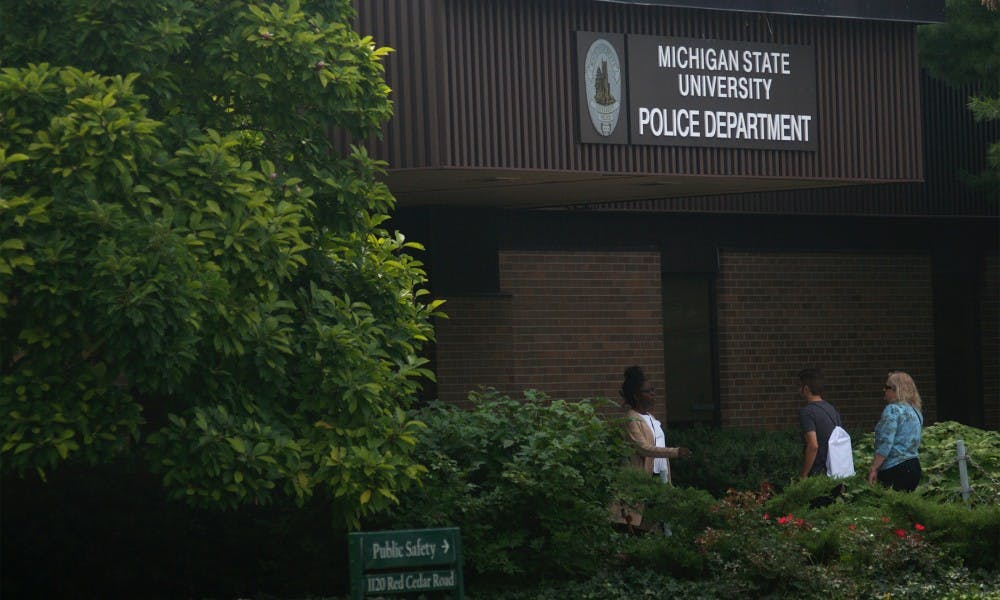MSU police reported there were 431 minor-in-possession arrests made in 2015 on campus. For students convicted of a MIP-related charge, MSU and the city of East Lansing offer information to help them through the legal process.
A person charged within the East Lansing city limits will either receive a citation or be arrested based on the situation, assistant city attorney for East Lansing David Meyers said.
Meyers said a person convicted for a MIP in East Lansing will have four to 10 days to go to the 54B District Court, located on Linden Street in East Lansing, for an arraignment.
The physical extent of East Lansing’s legal reach regarding MIPs is clearly defined.

“If an arrest is made north of Grand River (in East Lansing’s precinct) by a city of East Lansing police officer, then the City of East Lansing is the prosecutor,” attorney Ray Purdy, a frequent provider of legal counsel to MSU students, said.
But if the arrest is made on campus, this changes.
Purdy said if a person is charged on campus and arrested by MSU police, they will be prosecuted by Ingham County.
If the person pleads guilty under East Lansing prosecution, the MIP charge will go on the person’s record, with a fine of $500.
Meyers said a first offense will not result in a person’s license being suspended or revoked, but repeated offenses could result in such action.
If a person pleads not guilty, Meyers said there are three options for the offender: trial, a statutory diversion program or go through the city of East Lansing’s deferral program.
Through the statutory diversion program, Meyers said the offender will go through an online class, pay a $500 fine and face three months of probation. Upon completion of these requirements, the charge will no longer go on the person’s public record, but will however, stay on their non-public record.
Meyers said East Lansing’s deferral program is the most commonly used method to combat MIP charges.
This program will downgrade a MIP charge to a civil infraction littering charge as long as the person takes the required online classes, pays a $550 fine and does not face more criminal charges for three months.
If the person meets these standards, not only could their MIP be reduced to a civil infraction, but the charge could go off their public and non-public record.
If a person is charged with a MIP on MSU’s campus, their offense falls under the state of Michigan’s diversion program, which means the person is subjected to 90 days probation, mandated to complete an online alcohol course and face a $495 fine while also undergoing random breathalyzer tests throughout the first 60 days of the program.
MSU police Capt. Doug Monette said he is highly supportive of the programs MSU has available for MSU students, specifically ASMSU’s Student Legal Services.
ASMSU partners with the law firm Jeffries and Newton to provide free legal services for MSU students.
“If you pay a student activity fee (on your MSU bill) and take classes then you’re eligible for our services,” attorney Brian Jeffries of Jeffries and Newton said.
Jeffries said his firm has been offering free legal services to MSU students since 1984.







